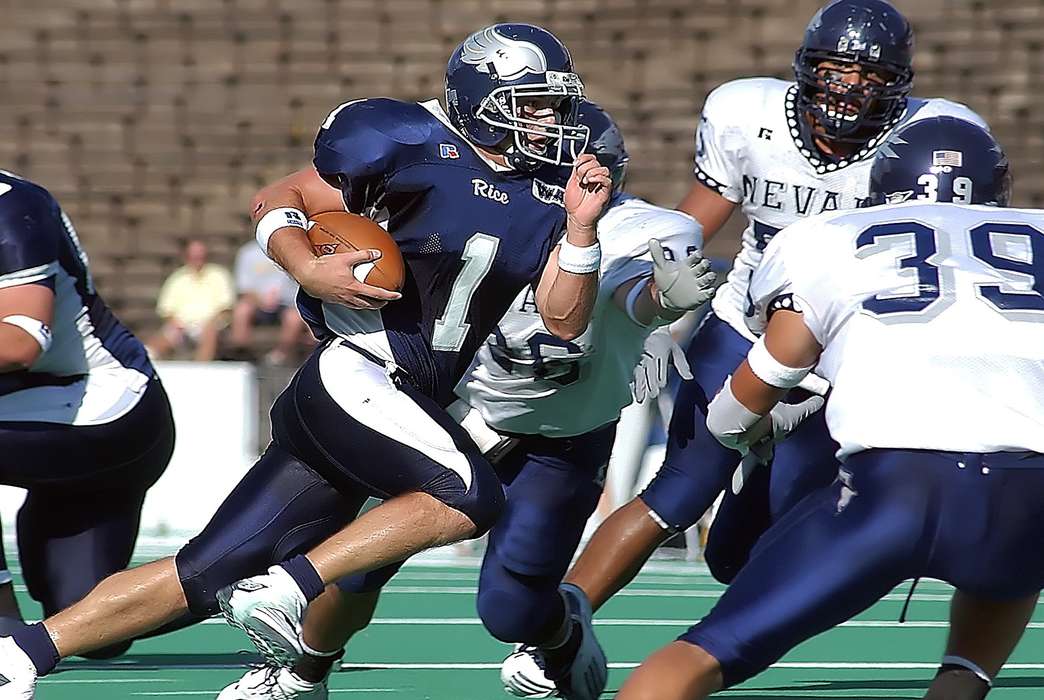Nathan Worcester
Senior Editor, Mind & Behavior and Technology
Nathan Worcester, based in Chicago, is the senior editor for Mind & Behavior and Technology for The Academic Times. Prior to that, Nathan wrote for various publications in Chicago. He has also worked as a technical writer for multiple law firms and served as managing editor of the New Art Examiner. He studied philosophy, history and English at the University of Chicago.

 Japanese scientists have unveiled a new biofuel cell bracelet that runs on the lactate in sweat, with its six interconnected cells generating up to 3.6 volts — enough power to run a digital wristwatch for 12 hours.
Japanese scientists have unveiled a new biofuel cell bracelet that runs on the lactate in sweat, with its six interconnected cells generating up to 3.6 volts — enough power to run a digital wristwatch for 12 hours.
 Attachment anxiety and national culture may shape the way we take, edit and post selfies on social media, according to new research that expands our understanding of how and why we manage our public image and reveals who may be at risk of negative outcomes from social media use.
Attachment anxiety and national culture may shape the way we take, edit and post selfies on social media, according to new research that expands our understanding of how and why we manage our public image and reveals who may be at risk of negative outcomes from social media use.
 After examining more than 250,000 historical letters, researchers have introduced a new, automated approach for virtually unfolding and reading sealed documents, testing it on four letter packets from the Brienne Collection, a scholarly treasure chest of undelivered mail from Renaissance Europe — and even reading a sealed letter from 1697.
After examining more than 250,000 historical letters, researchers have introduced a new, automated approach for virtually unfolding and reading sealed documents, testing it on four letter packets from the Brienne Collection, a scholarly treasure chest of undelivered mail from Renaissance Europe — and even reading a sealed letter from 1697.
 Patients with Alzheimer’s disease enjoyed better daily function and quality of life on a ketogenic diet than a low-fat diet, a new study found, offering insight into brain metabolism and a possible new direction for treatment.
Patients with Alzheimer’s disease enjoyed better daily function and quality of life on a ketogenic diet than a low-fat diet, a new study found, offering insight into brain metabolism and a possible new direction for treatment.
 Our brains can distort long-term memories in adaptive ways, helping us distinguish between similar events by amplifying the differences that we recall between them, neuroscientists from the University of Oregon and New York University discovered in a new study.
Our brains can distort long-term memories in adaptive ways, helping us distinguish between similar events by amplifying the differences that we recall between them, neuroscientists from the University of Oregon and New York University discovered in a new study.
 Chronic traumatic encephalopathy, a degenerative brain disorder linked to repeated head injuries, is not associated with either the duration of an athlete’s career or the position the athlete played, according to a retrospective cohort study of elite football and hockey players, contrasting previous research and adding to a heated debate over the safety of collision sports.
Chronic traumatic encephalopathy, a degenerative brain disorder linked to repeated head injuries, is not associated with either the duration of an athlete’s career or the position the athlete played, according to a retrospective cohort study of elite football and hockey players, contrasting previous research and adding to a heated debate over the safety of collision sports.